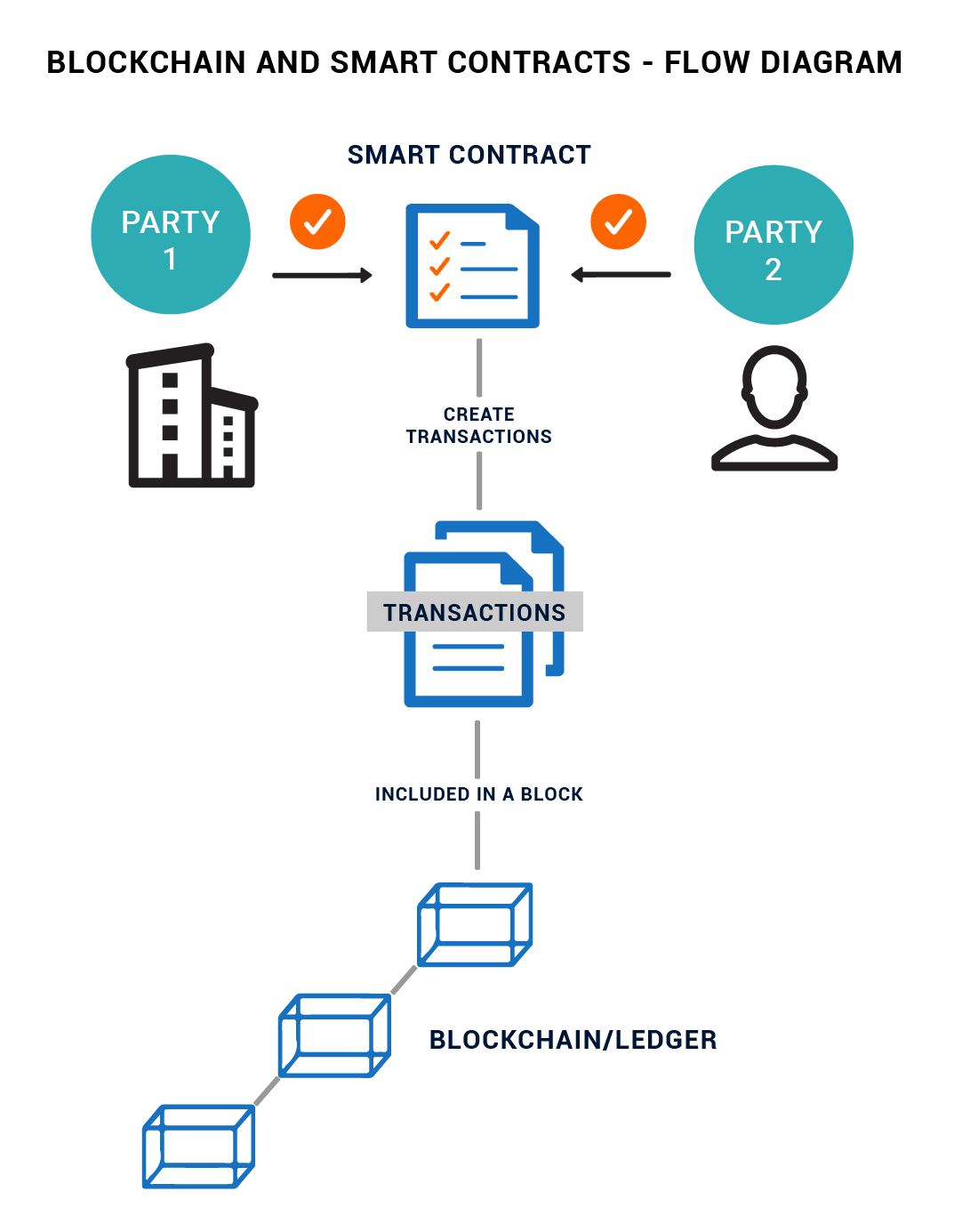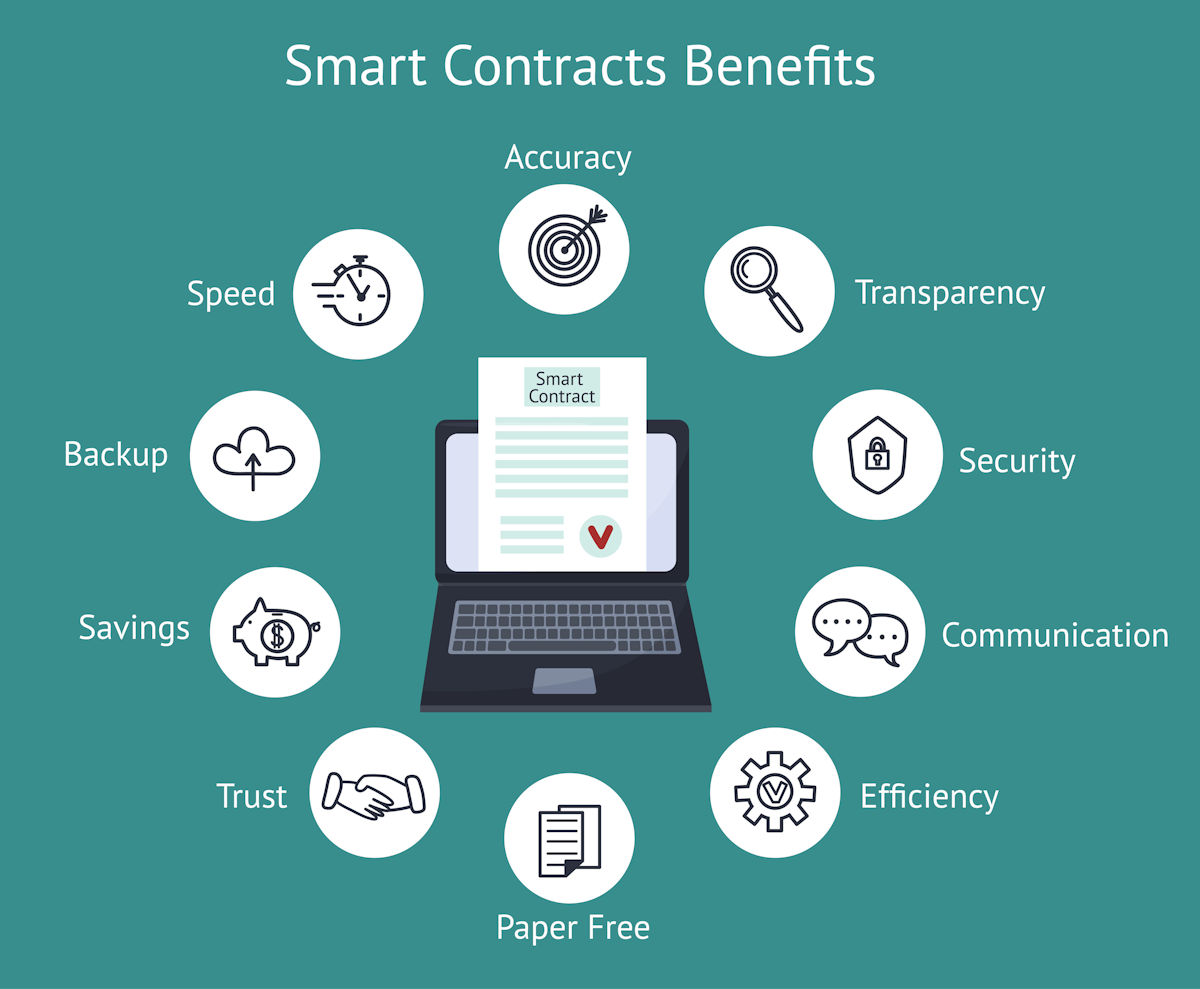Blockchain Smart Contract Snags: Debugging Decentralized Applications

Executive Summary

Smart contracts, autonomous programs that run on blockchain networks, offer unparalleled potential for automating various processes and enhancing trust in digital interactions. However, their decentralized nature introduces unique debugging challenges that must be addressed to ensure the seamless functioning and reliability of dApps (decentralized applications).

Introduction
The immutability and distributed nature of blockchain networks present significant hurdles in debugging smart contracts. Unlike traditional software, smart contracts cannot be easily modified or patched once deployed, and their execution is distributed across multiple nodes, making it difficult to pinpoint the root cause of errors.
Frequently Asked Questions (FAQs)
1. Why is debugging smart contracts more challenging than debugging traditional software?
Smart contracts are immutable and distributed, making it difficult to modify or troubleshoot errors once they are deployed.
2. What are some common pitfalls in writing smart contracts that lead to bugs?
Common pitfalls include coding errors, security vulnerabilities, and lack of proper testing.
3. What tools and techniques can be used to debug smart contracts?
Static analysis tools, transaction logs, and debuggers can aid in identifying and resolving errors in smart contracts.
Top Five Subtopics in Debugging Smart Contract Snags
Static Analysis
Static analysis involves analyzing smart contract code without executing it. It helps identify potential errors and vulnerabilities before deployment.
- Code Linters: Check for coding errors and style violations.
- Security Scanners: Detect potential security vulnerabilities.
- Formal Verification: Use mathematical methods to prove the correctness of smart contracts.
Transaction Logs
Transaction logs record all transactions executed on the blockchain. They provide valuable insights into smart contract behavior and can be used to identify errors.
- Event Logs: Generate custom events that provide information about smart contract execution.
- Debug Logs: Add temporary logs to trace the flow of execution and identify errors.
- Gas Logs: Track gas consumption to detect inefficient code.
Debuggers
Debuggers allow for step-by-step execution of smart contracts, providing a real-time view of variable values and execution flow.
- Blockchain Debuggers: Connect to the blockchain network and provide debugging functionality.
- IDE-Based Debuggers: Integrate with development environments to provide debugging capabilities.
- Offline Debuggers: Simulate smart contract execution to test and debug code.
Unit Testing
Unit testing involves testing individual components of a smart contract in isolation. It helps identify errors and ensure the correctness of specific functionalities.
- Mock Objects: Simulate external dependencies and isolate the smart contract under test.
- Assert Statements: Verify expected results and identify discrepancies.
- Coverage Reports: Measure the percentage of code executed during testing.
Monitoring and Alerting
Monitoring and alerting mechanisms help detect and respond to errors in deployed smart contracts.
- Performance Metrics: Monitor gas consumption, transaction execution time, and other performance indicators.
- Security Alerts: Monitor for potential security threats and vulnerabilities.
- Notification System: Send timely alerts to appropriate stakeholders when errors or anomalies occur.
Conclusion
Debugging smart contracts presents unique challenges due to their immutability and distributed nature. By leveraging static analysis tools, transaction logs, debuggers, unit testing, and monitoring and alerting mechanisms, developers can effectively identify and resolve errors in dApps. Addressing these debugging snags is crucial for ensuring the reliability and trustworthiness of blockchain-based applications.
Keyword Tags
- Blockchain Development
- Smart Contract Debugging
- Static Analysis
- Transaction Logs
- Debuggers

